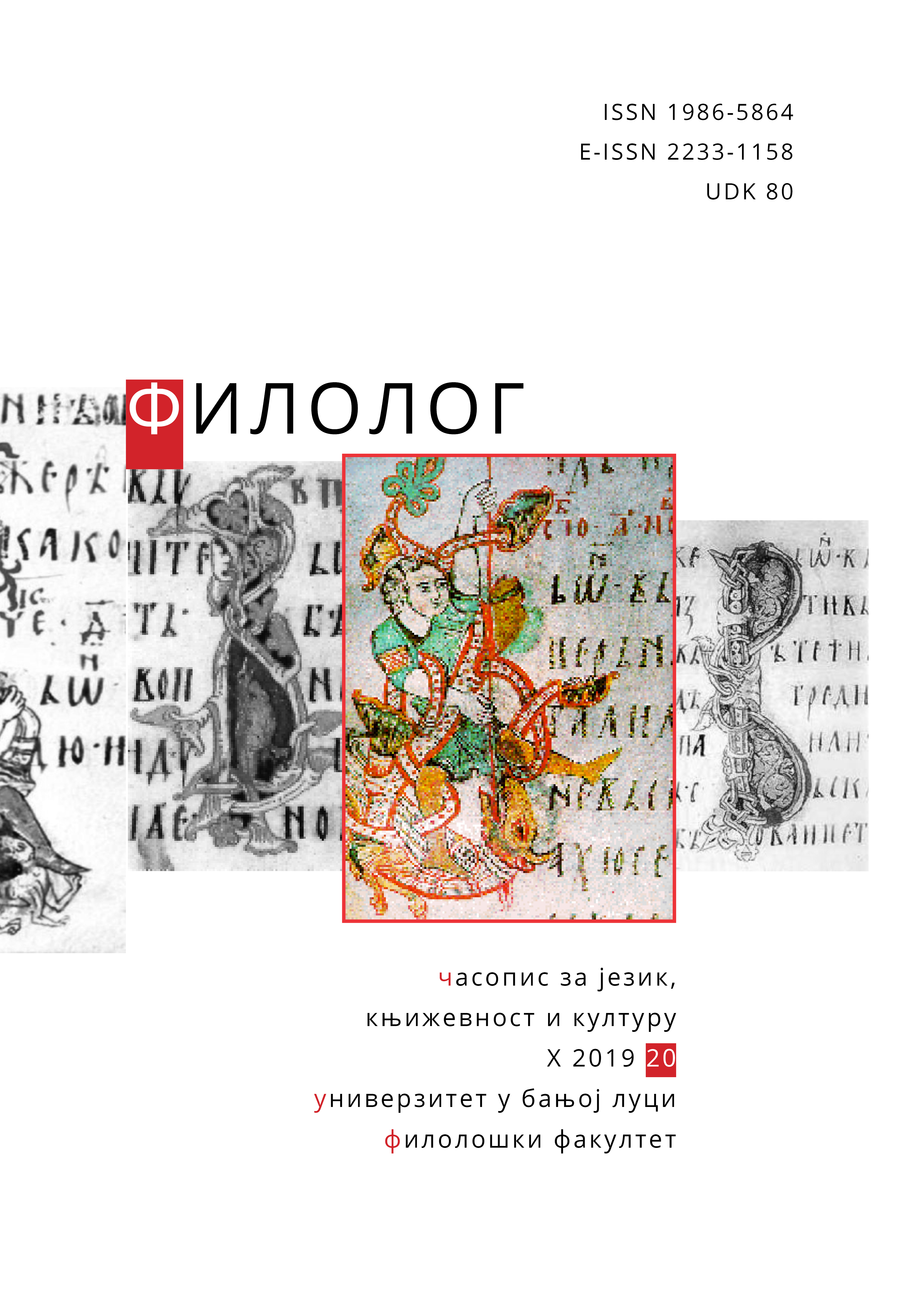Can a Foreign Accent Brand a Nation? Serbian EFL Learnersʼ Perspective
Can a Foreign Accent Brand a Nation? Serbian EFL Learnersʼ Perspective
Author(s): Danica M. Jerotijević Tišma, Dejan M. KaravesovićSubject(s): Language and Literature Studies, Foreign languages learning, South Slavic Languages, Philology
Published by: Филолошки факултет Универзитета у Бањој Луци
Keywords: foreign accent; brand; mother tongue; International English; Serbian EFL learners.
Summary/Abstract: This paper explores whether Serbian EFL learners can recognise which nationality stands behind a particular foreign accent, with the aim to investigate if a foreign accent could be regarded as a nation’s specific brand. Having in mind that a foreign accent assumes the L1 phonetic and phonological features that occur while speaking an L2, we found it interesting to analyse if it was possible for Serbian EFL learners to “see through” the foreign accent and recognise the mother tongue of the speaker who speaks with the particular accent. The empirical study consisted of a quasiexperiment incorporating a testing procedure during which Serbian EFL students had the task to circle the country from which the speaker whose recording they had just heard came from. A short survey about the testing followed the main procedure. The chosen population of students included both students with prior formal knowledge of English international varieties, as well as students who were laypersons in this regard. The obtained results were statistically analysed and showed the strikingly high percentage of correct recognition of a speaker’s national descent, especially within the group of students who took the Varieties of English course taught at the Faculty of Philology and Arts in Kragujevac. However, taking into consideration that the other group of students likewise had a relatively high percentage of foreign accent recognition, we are led to conclude that a foreign accent can indeed be regarded as a specific brand of a nation. Since our findings show that accurate accent identification is positively correlated to the estimated degree of foreign accentedness, the study is also relevant in its pedagogical aspects as the results point to foreign language learners’ diverse perceptions and are indicative of their knowledge of linguistics in general.
Journal: Филолог – часопис за језик, књижевност и културу
- Issue Year: 2019
- Issue No: 20
- Page Range: 70-85
- Page Count: 16
- Language: English

